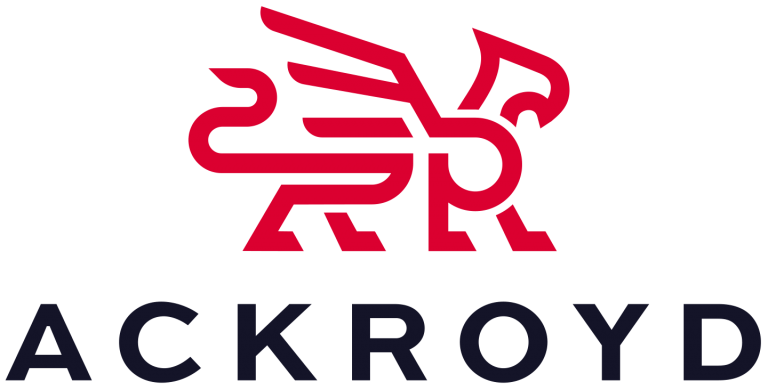Why is intellectual property important for start-ups?

Protecting your intellectual property safeguards and protects your business from infringements and copycats relating to your specific trademarks or inventions.
What is intellectual property?

- Your inventions
- Your brand or product names
- The product look or design
- Things you produce, make, or write
What are the 4 types of intellectual property?
Intellectual property can fall into any of the following categories:
1. Patent

2. Copyright
- Artwork: Logos, maps, technical drawings, sculptures, digital art, paintings, and photography.
- Literary works: Computer software, manuals, website text content and scripts, leaflets, commercial documents, articles, newsletters, and song lyrics.
- Musical works: Sound recordings and notation or score.
- Dramatic works: Dance choreography and plays.
- Cable programmes, broadcasts, video footage, and films.
- Typographical arrangements of publications, periodicals, or magazines.
- Sound recordings that include other copyright works.
3. Designs
The overall concept should be unique to qualify for either of these design rights. Registered design (Ⓡ): It protects your creation at the national or world region level against substantial similarities.
4. Trademarks
Why is it important to have intellectual property?

- Distinguishes your business from competitors.
- Provides revenue through licensing and sales.
- Offers customers something different.
- Forms an essential element of branding and marketing.
Can intellectual property rights be useful for start-ups?
Intellectual property rights can be very useful for startups in several ways, including:
- Providing competitive advantage: Securing intellectual property is critical in gaining a competitive edge, especially for a tech-based startup.
- Stability and investor appeal: Intellectual property rights indicate business security and stability, which investors like to see.
- Protection from infringement and legal action: Protecting your intellectual property rights will help determine whether your creation already belongs to someone else.
- Creating a presumption of ownership: Once you secure the rights, even the courts will presume that you own the property, and you can sue other businesses for infringement.
- Protecting your material from unauthorised use: Once you gain the rights, other companies cannot unfairly profit from your intellectual property.
What are the benefits of intellectual property for start-up companies?
The benefits of intellectual property for startups include the following points:
- Turn ideas into profitable assets: Intellectual property can help you convert your ideas into valuable products or services. For example, licensing your copyright creates a steady income from royalties.
- Enhance your startup’s market value: In case of a merger, acquisition, or sale, protected intellectual property can raise your startup’s value.
- Market your products and services: Intellectual property such as logos, trademarks, and product designs are essential in creating a business image. They can help differentiate and promote your products and services to your customers.
- Raise or access business finance: You can monetise intellectual property through licensing, sale, or as collateral for financing. Intellectual property can also be beneficial when applying for government funding.
- Increase export opportunities: You can use your intellectual property, such as designs and brands, to market your business abroad, seek franchising opportunities, or export patented products.
IP strategy ideas for start-ups
Here are some strategies you can implement to protect your intellectual property and safeguard your startup from unfair competition.
- Document terms such as share ownership, roles, salaries, decision-making, and other relevant matters in a founder agreement if you have a co-founder.
- All contributors should assign all their intellectual property to the business and have written agreements showing that the company owns all the rights.
- Evaluate your intellectual property and determine the type of protection you need.
- Ensure your name and logo are available for commercial use.
- Have a cost-effective patent strategy.
- Consider having a global patent.
- Be careful when using open-source software.
- Be vigilant when hiring new staff, especially from competitors.
At Ackroyd Legal, no matter the situation, we have the skills and expertise to help you reach a favourable solution. If you would like further information on how we can help you, please do not hesitate to contact us today on 020 3058 3363 or email enquiries.sa@ackroydlegal.com


